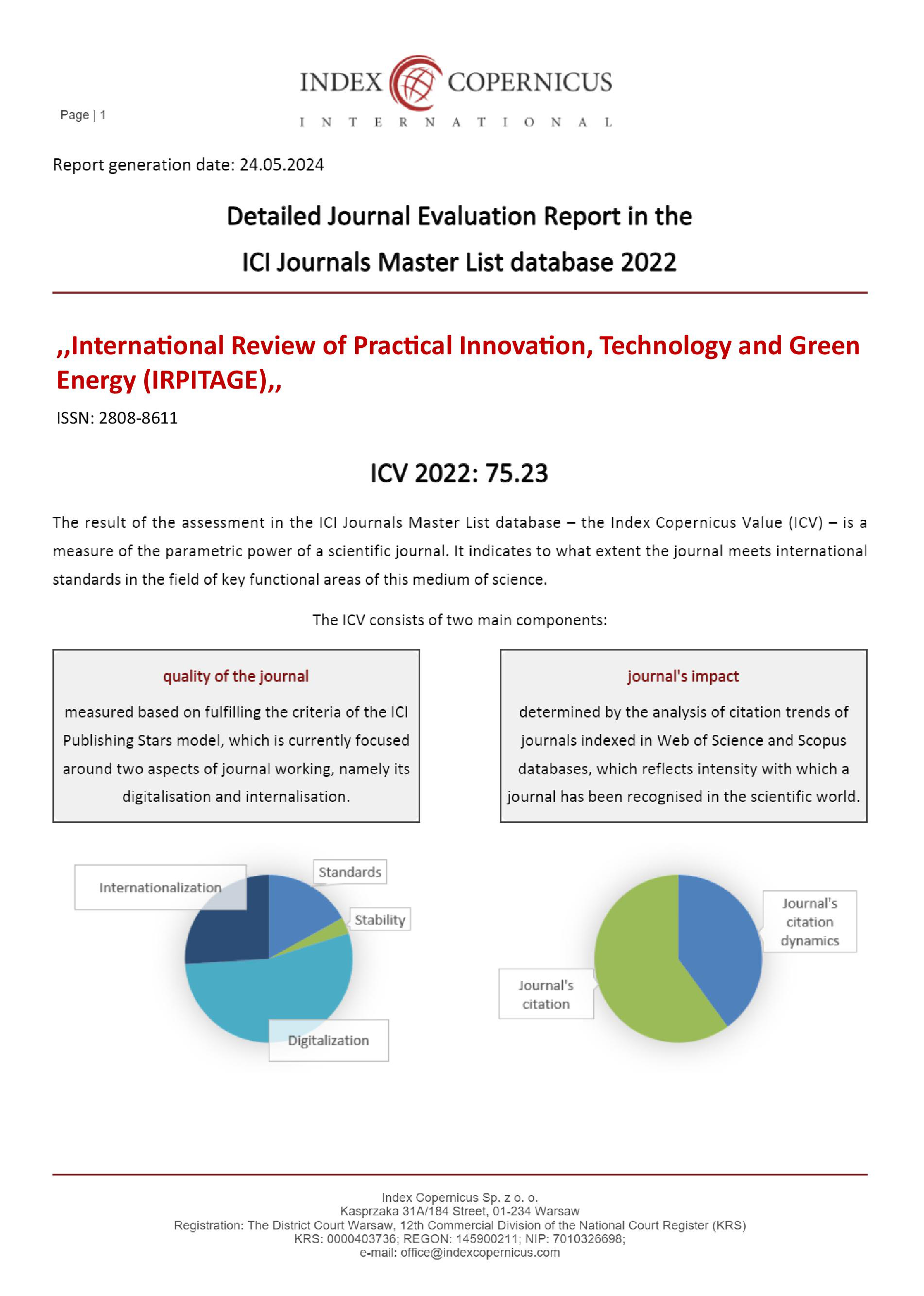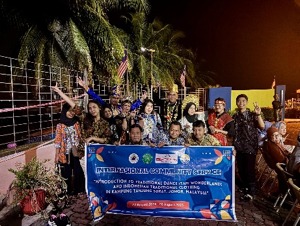THE WONDERLAND DANCE PERFORMANCE AS A CULTURAL EXCHANGE ACTIVITY IN KAMPUNG TANJUNG SURAT, JOHOR, MALAYSIA
Main Article Content
Hesti Desba Yesa
Fany Puspita Sari Tampubolon
Sri Oktaviani Nababan
Irfan Syahputra
Jefri Saputra
Nadya Febriani Mokerze
Rasyid Ridho Harahap
Dahrul Aman Harahap Ramses
Suryo Hartanto
Hanafi Siregar
Asmaul Husna
Muhammad Azali Bin Muhammadon
This article discusses the implementation of the Wonderland Dance performance as part of a community service program. The background of this activity is the urgency to preserve and introduce Indonesian culture in the midst of globalization, where traditional values often face challenges from modern culture. The objective was to promote Indonesian cultural identity while providing students with learning opportunities in leadership, teamwork, and cultural diplomacy. The method included several stages, namely choreography preparation, costume arrangement, coordination with local authorities in Kampung Tanjung Surat, Johor, Malaysia, and the final performance. Data were obtained through observation and informal interviews, then analyzed descriptively. The results showed that the Wonderland Dance was enthusiastically welcomed by the local community, with active participation and appreciation. Students also gained valuable experience in cultural exchange and organizational skills. In conclusion, cultural performances such as the Wonderland Dance can serve as effective media for cultural introduction, strengthening social relations, and empowering communities. Furthermore, this activity illustrates how higher education institutions can contribute to cultural preservation through community engagement. It highlights the significance of student involvement in promoting local wisdom, ensuring that Indonesian traditions continue to be recognized and appreciated in a global context.
Gerson, RF (2004). Measuring Customer Satisfaction. Jakarta: PPM.
Haefner, JE, Deli-Gray, Z., & Rosenbloom, A. (2011), “The importance of brand liking and brand trust in consumer decision making: Insights from Bulgarian and Hungarian consumers during the global economic crisis”, Managing Global Transitions: International Research Journal, Vol. 9 No.3, pp.249-273.
Hafeez, S., & Hasnu, S. (2010), “Customer satisfaction for cellular phone in Pakistan: A case study of Mobilink”, Business and Economics Research Journal, Vol.1 No. (3), pp. 35-44.
Hafeez, S. and Muhammad, B. (2012), “The Impact of Service Quality, Customer Satisfaction and Loyalty Programs on Customer's Loyalty: Evidence from Banking Sector of Pakistan”, International Journal of Business and Social Science, Vol.3 No. 16, pp. 200-209.
Heriyadi, Listiana, E. and Lay, YN (2018). An Analysis of the Influence of Service Quality, Personal Selling and Complaint Handling and Trust on Customer Retention (Survey of Bank Harda International Savings Customers, Pontianak Branch). Volume 7 Number 2.
Kotler.P. (2008). Marketing Principles 2. Twelfth Edition. Jakarta: Erlangga.











